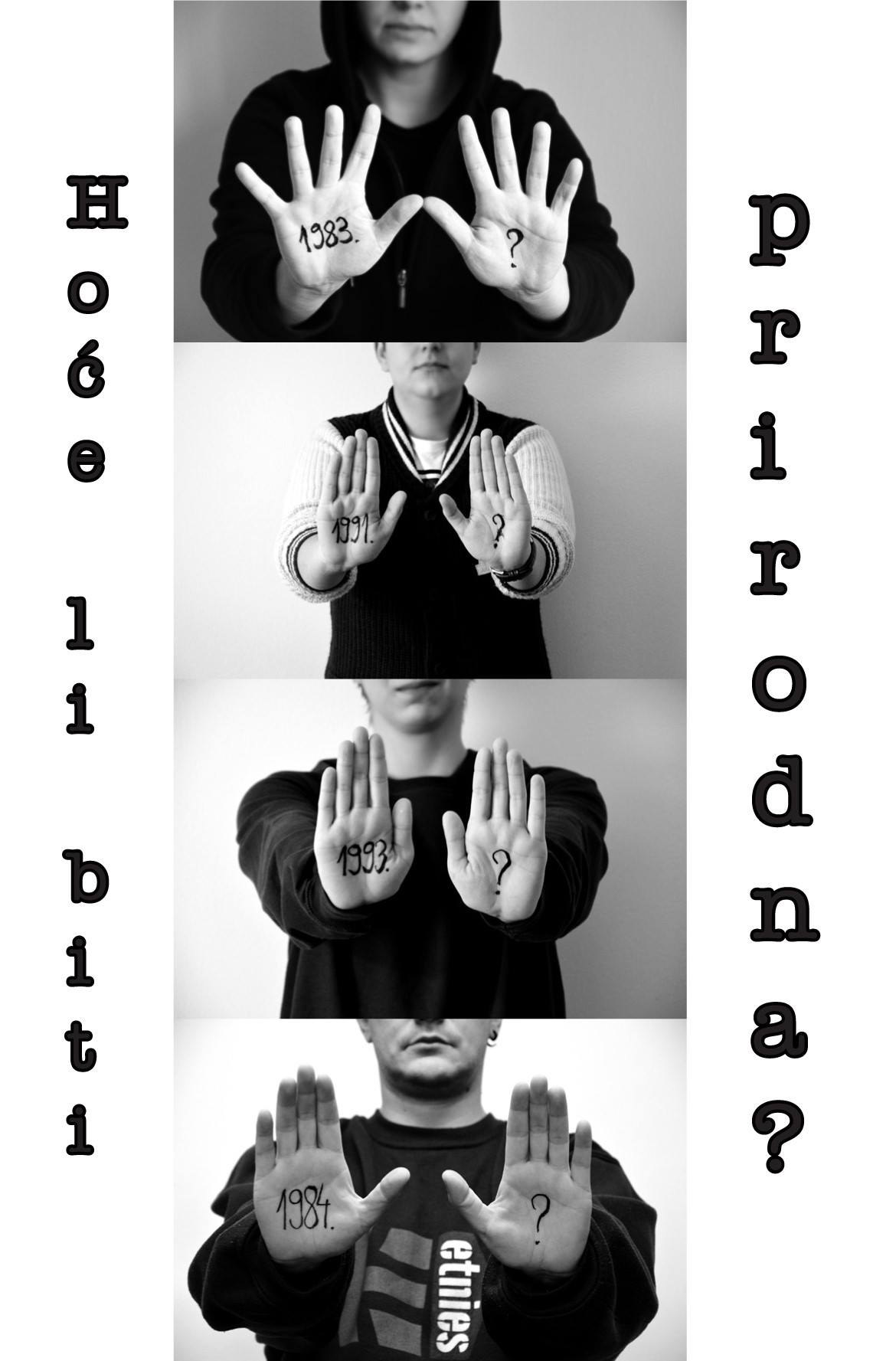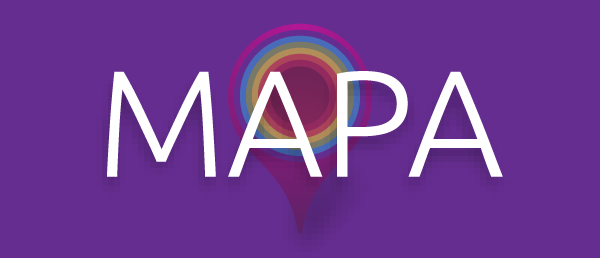 On May 17, 1990, the World Health Organization (WHO) removed homosexuality from its International Classification of Diseases. Nevertheless, even though most of the Member States that makeup the WHO are committed to fighting discrimination based on sexual orientation and gender, some Member States remain hesitant to fully implement the necessary measures that guarantee efficient protection, thus creating the chance of violence and discrimination against the Lesbian, Gay, Bi, and Trans (LGBT) community.
On May 17, 1990, the World Health Organization (WHO) removed homosexuality from its International Classification of Diseases. Nevertheless, even though most of the Member States that makeup the WHO are committed to fighting discrimination based on sexual orientation and gender, some Member States remain hesitant to fully implement the necessary measures that guarantee efficient protection, thus creating the chance of violence and discrimination against the Lesbian, Gay, Bi, and Trans (LGBT) community.
Bosnia and Herzegovina (BiH) is one of those WHO Member States in which LGBT persons are still subject to stigma and discrimination. This small country of 3,871,643 inhabitants is composed of three main ethnic groups: 48% of Bosniaks, 37.1% Serb, and 14.3% of Croats. Since the end of the war in 1995 and the Dayton Peace Agreement, BiH is divided between the Brcko District and two entities, the Federation of Bosnia Herzegovina (FBiH), the Bosniak Croat entity, and the Republika Srpska (RS), made up mostly by Bosnian Serbs. Both entities legalized homosexual relationships between 1998 and 2000, making the early 2000’s a source of new hope for the LGBT community.
In 2003, the law on gender equality, which prohibits discrimination based on gender and sexual orientation without explicit mention of homosexuality or gender, was adopted at the national level. The adoption of gender equality laws saw the first associations of activists and supporters of LGBT rights begin to emerge in BiH, not knowing that this wave of hope was soon to be crushed by violence.
The Queer Sarajevo Festival, one of the first events ever in BiH with the aim to increase visibility of the LGBT community, was organized in September 2008. The choice of the date was immediately highly criticized due to the simultaneous Ramadan celebrations. Numerous events were supposed to be held during the five-day festival. However, organizers were forced to cancel at the end of the first day, due to an attack from a group of Wahhabis and hooligans, who assaulted several participants and injured eight people, including policemen.
Ever since, the LGBT community is almost invisible and every event organized to increase their visibility is subject to threats, threats that often lead to violence. Over time, and regardless of the progress made by neighboring countries such as Croatia––which recently legalized civil union for same sex couples—the situation in BiH has not improved. Recently, on February 1, 2014, a group of masked men attacked people attending the Merlinka Festival in the Art Cinema Kriterion, showing that very little has changed since the violent events in 2008. Even more alarming is that surveys from 2013 revealed that 59.5% of Bosnians consider sex change repulsive and that 56.5% of the respondents believe, “homosexuality must be cured.” In the light of this survey and the general climate of misunderstanding and violence in BiH, a question arises: is it possible for people from the LGBT community to live an open life in Bosnia and Herzegovina?
Being born in a world where society expects you to be heterosexual, falling out of that “norm” implies that homosexuals must “come out.” As defined in the “Pink Report” (2014), the “concept of coming out’ derived from the phrase ‘coming out of the closet,”, is routinely used to describe public or open declarations and affirmation of one’s (homo)sexual orientation”.
Niki, Selma[*], and Aleks, are three young Bosnians living in Sarajevo who agreed to share their personal coming out stories.
Niki is a Bosnian LGBT activist and identifies as queer. She realized her identity at an early age and understood when she was 5 years old that she couldn’t see herself “in the man-woman concept.” Growing up “[she] could cope with that understanding that gender normativity is a social construct and that it is perfectly fine to be out of any ‘box’.”
“I was 14 when I came out to my parents and I felt pretty lost because of the challenge of coming out to myself. In the end, it wasn’t a big deal as my parents fully supported me. It was not always easy and I have not always chosen to come out. For instance when I was involved in working in academia and private companies I never addressed that ‘issue’ in order to prevent worst case scenarios such as being fired for any reason.”
Selma is also a LGBT activist who came out as a lesbian before realizing that she can be attracted to people “with genders other than male and female” and thus, identifies now as pansexual. Being part of a very religious family means coming out is an even harder step for her.
“My parents don’t know anything. I’m pretty much out in college, and with my friends. When it comes to family I am out to my sister and a cousin. My parents are deeply religious and both have been physically violent towards me. I won’t be coming out anytime soon to them, as I don’t feel like that is a safe environment… I am tired of leading a double life and I just want to be who I am.”
This feeling of insecurity is dominant within the LGBT community, especially for women. Indeed, violence against lesbians is common in BiH and “lesbians aged 20 to 30 are the most exposed to discrimination, with 74% of this age group having experienced some form of discrimination.” Trans-phobia is also a big issue in the country explains Aleks, a LGBT activist and leading figure of the trans*[1] community in the Balkans.
“I have experienced both trans-phobia and homophobia. I was beaten up a lot of times. There was a lot of verbal and psychological violence related to my gender identity. It’s hard to pick one example, since there are a lot of them unfortunately,” Aleks explains. “Coming out as a trans* person differs from other coming outs. A trans* person who starts hormonal therapy and undergoes surgery has no choice but to ‘come out’ since physical changes are inevitable.”
Aleks came out as a trans* person when he was 22 years old, asking people to use the pronoun “he” when referring to him. According to him, coming out is important, as it is still a political act in Bosnia.
“I personally don’t like labels but it’s extremely important for political reasons and the visibility of the trans* community. It’s not easy to come out to your family and friends, especially when you live in a very conservative, patriarchal and heteronormative society. There is a lot of violence and hatred towards the LGBT community so people don’t feel safe or are afraid to be rejected and kicked out from their home. Even though it is a very important step as people can finally be themselves and fight for their rights.”
Within the context of a deeply patriarchal society lacking political maturity with regard to the inclusion of ethnic and other minorities, such as Roma, Jews and disabled people; LGBT issues seem to be on the very margin of socio-political visibility and acceptance. Due to the societies’ repressive mechanisms and institutionalized discrimination—embodied in law, healthcare and education—being ‘out’ in BiH implies several risks at personal and social level.
Nevertheless, LGBT activists in BiH are emphasizing the political perspective and importance of coming out in their country, pointing out the fact that it should be considered as a political act rather than a personal issue. By affirming their identity, brave and confident Bosnian LGBT people and activists make themselves vulnerable to violence but also help the community to become more visible and encourage others to come out and join the battle against discrimination. Unfortunately, there is a long way to go considering the fact that the country is still struggling with basic post-conflict issues such as poverty, ethno-nationalism and corruption.
Author: Chloé Gaillard
Photo: Lejla Huremović





